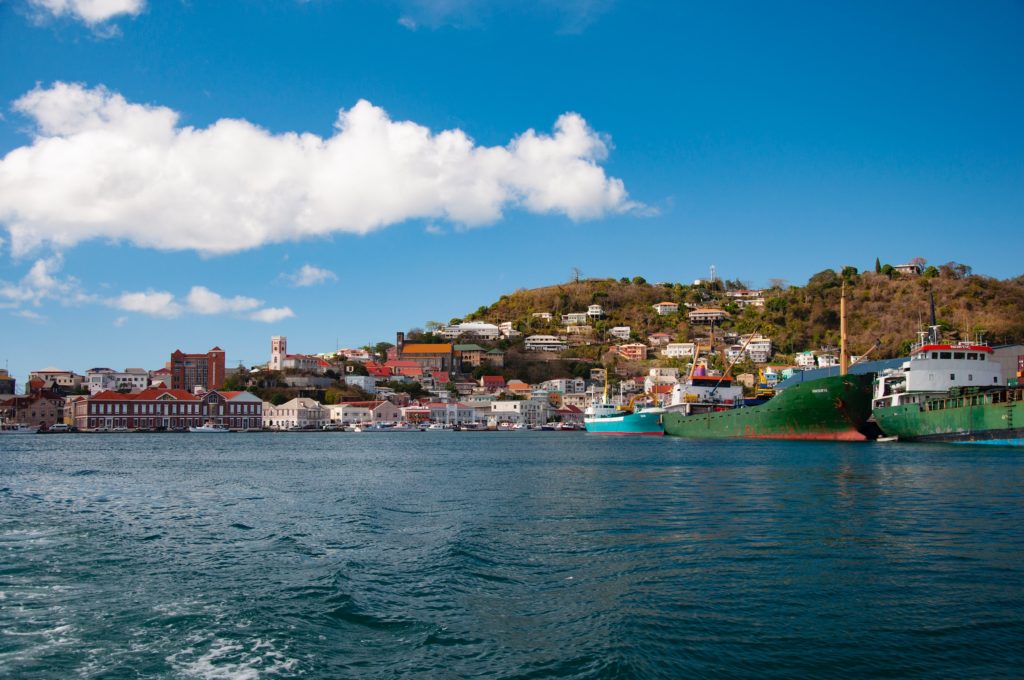According to the Visa Policy, citizens of a select few nations must get a visa from Saint Vincent and Grenadines embassy or diplomatic post in their country before entering the country. They won’t be permitted to enter the nation for any reason without a visa. China, Haiti, Iran, Iraq, Lebanon, Nigeria, Syria, and the Dominican Republic are among them. Visas are not required for entry into several nations for up to 30, 60, or 180 days. If a visitor from a visa-free country wants to prolong their stay, they must apply for a visa.

The grounds for visa denial in Saint Vincent and Grenadines
Citizens of countries that need to get a visa to visit this nation must do so at the country’s embassy or diplomatic post in their nation. The embassy decides whether to approve or reject the request. The embassy may refuse the visa for many reasons, some or all of which include the following:
Forged travel documents
Avoid applying for a visa using fake or counterfeit documents since this might result in problems down the road. The consular representative has the right to deem the visa application to be fraudulent and to deny it if there are any doubts about the legitimacy of any document submitted, including a passport, account statement, plane ticket, etc.
Lacking a source of support
The country’s embassy has the right to deny your request for a visa if you do not provide sufficient evidence that you will be able to support yourself while you are there. This happens because it’s possible that a tourist without money would end up burdening the country or committing crimes. If you can’t demonstrate that you have a source of income, your visa may be denied. For instance, if you submit traveler’s checks that you aren’t legally entitled to or unable to present a current account statement free of debts, etc.
Crimes committed in the past or present
The application for a visa may be rejected or denied if the applicant’s prior criminal background contains any information that might endanger the country and its residents. Typically, applicants must show evidence of their criminal background, and the visa may be denied if the Embassy has any concerns about the applicant’s moral character. Such activities include prior involvement in terrorism, kidnapping, fraud, drug dealing, human trafficking, etc.
No travel or lodging documents
This plays a big part in visa rejections as well. The likelihood of acquiring a visa is jeopardized by insufficient travel itinerary paperwork. As a candidate, you must have a well-planned itinerary for your trip to this nation. To guarantee that your papers are approved, you will need to create a proper travel plan. To put it another way, for your papers to be accepted, you must provide proof that you have made travel and accommodation arrangements. If the applicant does not provide proof of lodgings at the embassy, a visa application may be rejected. This might be a hotel reservation or the place where your friends or family live if you’re staying with them.
Unsuitable sponsor
When you have a sponsor, the outcome of your application will depend not only on you but also on your sponsor. Along with other aspects of your sponsor’s life, the law enforcement agency will investigate their earnings, their tax obligations, and their legal standing. If any of this does not conform to the criteria, you will be removed from the premises immediately. As a direct consequence of this, one of the most prevalent grounds for rejection is the inability to locate appropriate sponsors.
